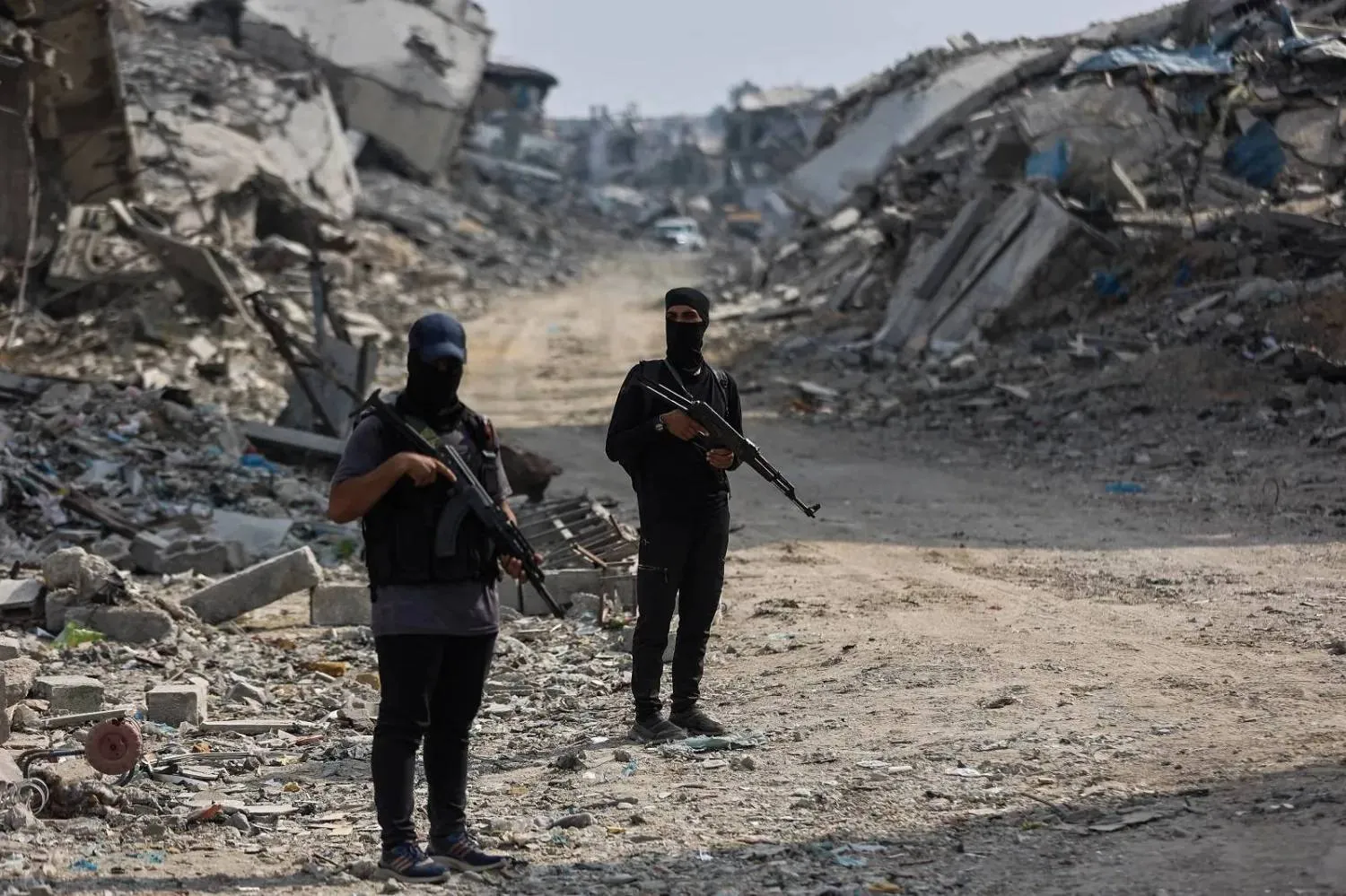Syrian Ambassador to Lebanon Ali Abdel Karim Ali announced on Friday his country's 'serious' endeavors in addressing the return of Syrian refugees, noting that Syria does not obstruct their return back home.
The Ambassador said that Damascus has informed the concerned countries about that.
“Syria is serious about receiving them and facilitating their return, and will not hesitate to secure everything that achieves their dignified return,” the Ambassador said following a meeting with Lebanese President Michel Aoun.
A statement released by the Lebanese Presidency said the two men discussed the bilateral relations, and the refugees' return in light of Lebanon’s plan to put that return into gradual effect.
“We discussed the return of Syrian refugees, which is currently being seriously tackled, especially that Syria provided the necessary facilities and measures that help to achieve this return, in cooperation with the brotherly Lebanese state,” the Syrian Ambassador said.
He then affirmed that major countries and international organizations need to facilitate this return and help both countries to achieve it.
Ali said that what helps speed up the return of refugees is to pay the financial aid, currently paid to the refugees in Lebanon, to the returnees in Syria.
“The results would be better because the returning Syrian citizens would benefit from them in various health, educational, development and social fields,” he stressed.
The Ambassador added that a series of amnesty laws issued by Syrian President Bashar Assad were among the measures taken by his country to facilitate the return of the refugees.
Ali’s comments come in light of information that the Syrian authorities refuse to receive refugees in light of a dispute over the issue’s approach between the Lebanese state and UNHCR.
While Lebanon is working on a plan for their return at the local and international level, the UN agency considers that the political and security conditions are not appropriate for their return and refuses to give the relevant ministries in Lebanon information related to hundreds of thousands of displaced Syrians scattered in all Lebanese regions since 2011.
This led Lebanon’s caretaker Foreign Minister Abdullah Bu Habib to announce that Lebanon would take several steps, including legal measures, against relevant organizations and bodies that refuse to cooperate with the official authorities concerned with the file.









